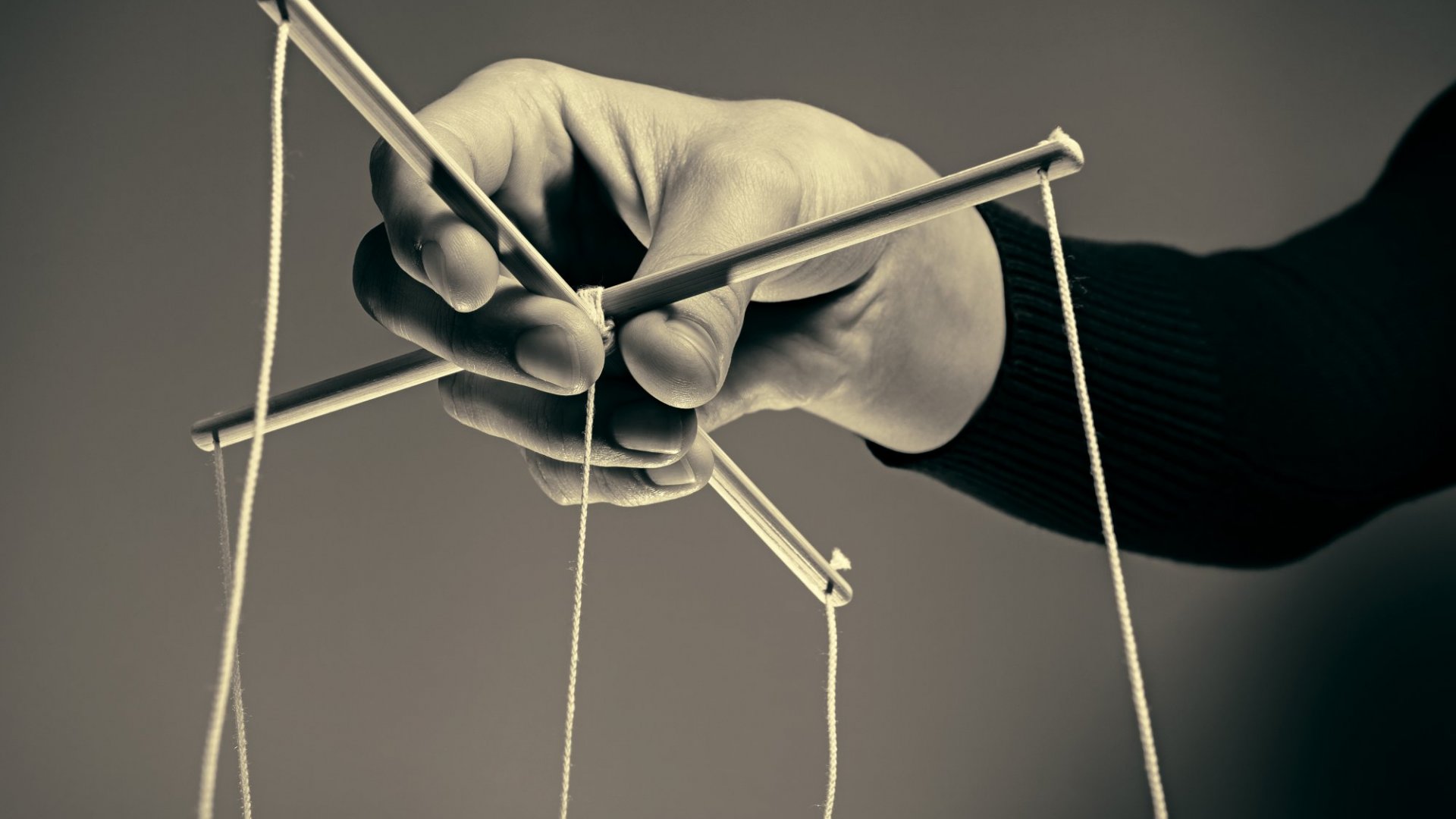- Posted on
Coping with the never ending winter lockdown: The expat edition

What the fakt just happened?
Let’s be honest: this winter has been long and difficult. Yes, we were lucky to see some of the finest snow Prague has had in many years – we were united in a beautiful, rare collective experience. However, one week in a white wonderland does not take away the mental challenges of an entire winter season spent in a COVID-19 lockdown.
Many people will agree that they’ve:
- a) needed more sleep than normal
- b) experienced moodiness
- c) been daydreaming about the Maldives
It’s to be expected- even in times where we’re not dealing with an epidemiological crisis. This pre-Covid study involving research from Charles University shows that seasonal difficulties with energy levels, sleep and appetite appear in 10%-20% of the general population.
Other symptoms you may have experienced can include:
- Sadness
- Cravings for carbohydrates and sugars
- Irritability
- Frequently teary
- Physical and mental lethargy
- Difficulty in concentrating
- Disconnected from others
- Hopelessness
It may comfort you to know it’s not all in your “mindset”. These feelings are the result of very real, physical causes. In this blog post we’ll take a closer look at what causes these symptoms, and provide key takeaways guaranteed to help put a spring back in your step.
How winter affects the body
It’s not called ‘fun in the sun’ for nothing. Here’s what happens with too little sunshine:
– Serotonin dips
Your body gets less Vitamin D and so produces less serotonin. That means there are less of these neurotransmitters to regulate your moods.
– Melatonin increases
This is a sleep-promoting hormone which is produced in response to darkness. When there is too much of that, it leads to feeling sleepy all the time.
– Circadian rhythms desynchronize
Your 24 hour internal body clock is built to respond to the changing light across the seasons. Unbalanced serotonin and melatonin levels disrupt these, impacting sleep-wake cycles.
Remember: You’re Still Surviving a Pandemic
COVID-19 really isn’t helping either.
While measures continue, infection rates keep soaring. Not to mention expats can struggle with making important connections because social gatherings, when not legally banned, are still wrought with the anxiety around infection. A simpler, happier time gets pushed further and further back into our memories.
So. Is there any wonder that you’ve been low?
Here are some steps you can take to start feeling better, right now.
Follow national measures
Always act responsibly towards yourself and others because the sooner we get a handle on our numbers, the sooner we can do more of the things that make us happy.
Soak up as much sun as you can
Visit the banks of the Vltava river and enjoy a moment among the wildlife (okay, okay, the birds and river rats.) Take a walk in a new part of town, maybe even ask a friend to bring their dog along if you don’t have one.
Prioritize movement
Go get your endorphins! Exercise helps regulate sleep and charges your batteries. Don’t wait for gyms to open again- take advantage of online workouts, yoga sessions, or walks with an audiobook for company. No need to be intimidated by pre-lockdown ideals; just move in a way that you enjoy.
Check in with someone who’ll laugh with you
You can physically feel the dopamine boost from some relationships, even over a call. Don’t feel like you have much to say? Pop on that huge eye-mouth filter thing and just take it from there, or use boardgamearena.com for some fun online gaming.
Keep eating well
Don’t feel like braving the walk to the shops? Not in the mood to make something? Please remember that eating a slice of wholewheat toast with an egg is way better for your body than nothing. Your blood sugar levels will sustain you until you feel up to trying a nutritious new recipe (make sure it’s one that you’re actually excited about!)
Give yourself a bedtime
Going to bed and waking up at the same time every day helps normalize your circadian rhythms; giving your melatonin levels a fighting chance. This may seem easy, but we all know the damage a good work-from-home Netflix binge can do to.
Get in touch for expert help
We will gladly set you up with an experienced, expat-focused counselor from the comfort of your own home.
As the Prague Integration counseling community, we’re committed to help you through this dark season while looking forward to the light – taking inspiration from Prague, who’s thousand spires always reach up towards the sun.
By Marina Andreoli-Laubscher
Mental Health Writer
Sources:
Bakstein E, Mladá K, Fárková E, et al. Cross-sectional and within-subject seasonality and regularity of hospitalizations: A population study in mood disorders and schizophrenia. Bipolar Disord. 2020;00:1–9. https://doi. org/10.1111/bdi.12884
Melrose S. Seasonal Affective Disorder: An Overview of Assessment and Treatment Approaches. Depress Res Treat. 2015;2015:178564. doi:10.1155/2015/178564
https://www.health.com/mind-body/what-is-serotonin



